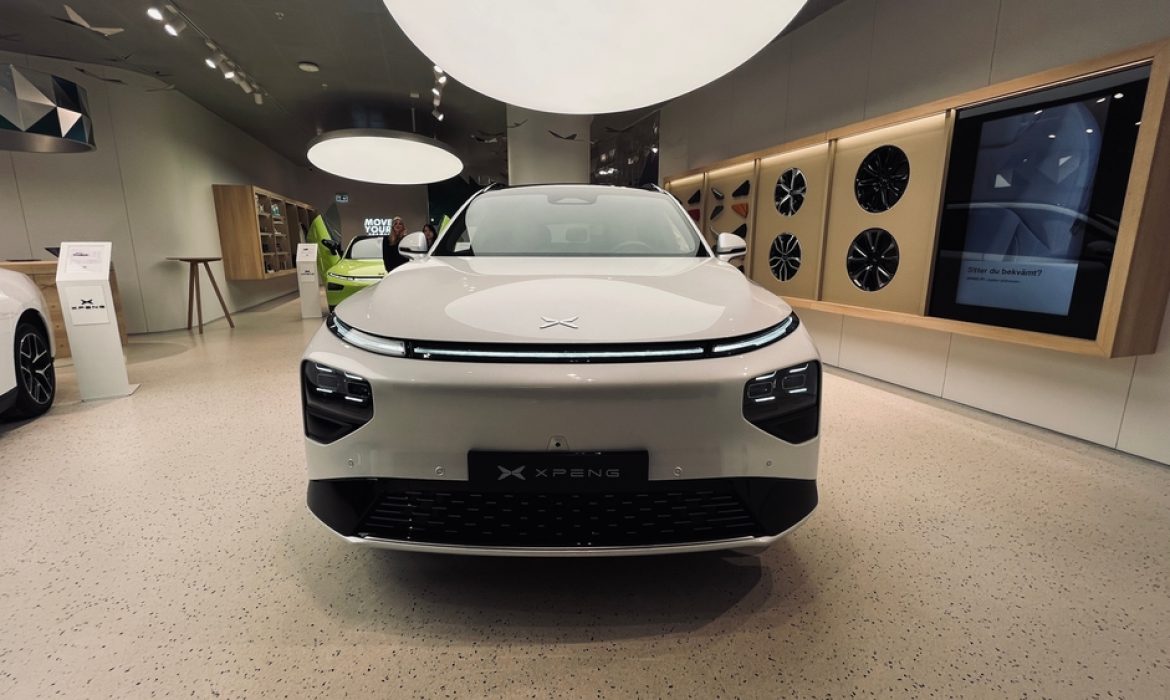In a bold move, European Commission President Ursula von der Leyen announced an “anti-subsidy investigation into electric cars from China” during her State of the Union speech. This decision has sent shockwaves through the global automotive industry and carries significant implications for both European and Chinese car manufacturers.
China’s rise as a major car exporter, driven by its robust production capabilities, has sparked concerns in Europe. Brands like MG, BYD, and Nio, once relatively unknown, have made substantial gains in the European market, prompting an urgent need for regulatory scrutiny. The investigation, while aiming to protect local industries, poses a complex challenge.
The main thrust of the investigation centers on the impact of Chinese electric cars on the European economy, particularly its automobile sector. Europe’s traditional trade balance with China in the automotive realm took a historic turn in December 2022, with Europe importing more cars than it exported. This shift, coupled with China’s advantage in electric car and battery technology, has led to increased production in China and subsequent sales in Europe.
European countries, with their affluent consumer base and government subsidies for electric vehicles, have become an ideal market for Chinese electric cars. Nearly half of China’s exported cars find buyers in Europe, creating a significant economic dynamic.
However, the investigation casts a shadow of uncertainty over Chinese manufacturers, potentially leading them to adopt strategies like dumping, where products are sold at minimal profits. This move could severely impact well-established European brands, with Volkswagen, the world’s largest automaker, facing a moment of existential challenge.
The investigation’s focus lies in determining if Chinese electric car prices are artificially low due to substantial government subsidies. If proven, European officials might impose higher import duties, profoundly affecting trade dynamics. However, this raises a dilemma, as many European car companies have substantial investments in China or collaborate with Chinese partners.
Tesla, for instance, accounts for a substantial portion of China’s electric car exports. European-Chinese joint ventures also constitute a significant share. Tariffs imposed on Chinese electric cars could harm these companies, complicating the decision-making process for European regulators.
Moreover, this investigation signifies a political shift in Europe’s stance towards China. Once seen as a friendly market, Europe is adopting a more cautious approach due to rising concerns. Paradoxically, this could lead Chinese companies to explore local production options, fostering employment and taxation while avoiding tariff fluctuations.
As the investigation unfolds, it poses not only economic but also geopolitical implications, shaping the future landscape of global automotive trade. The decisions made in the coming months will reverberate far beyond the automotive sector, influencing international relations and economic strategies on a global scale.
